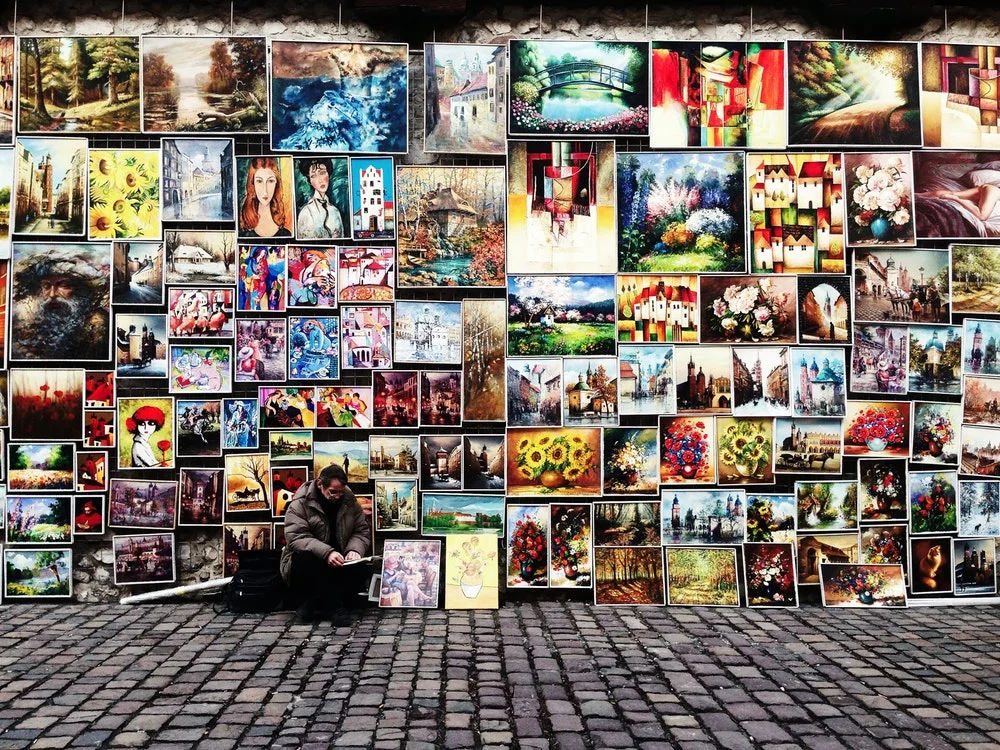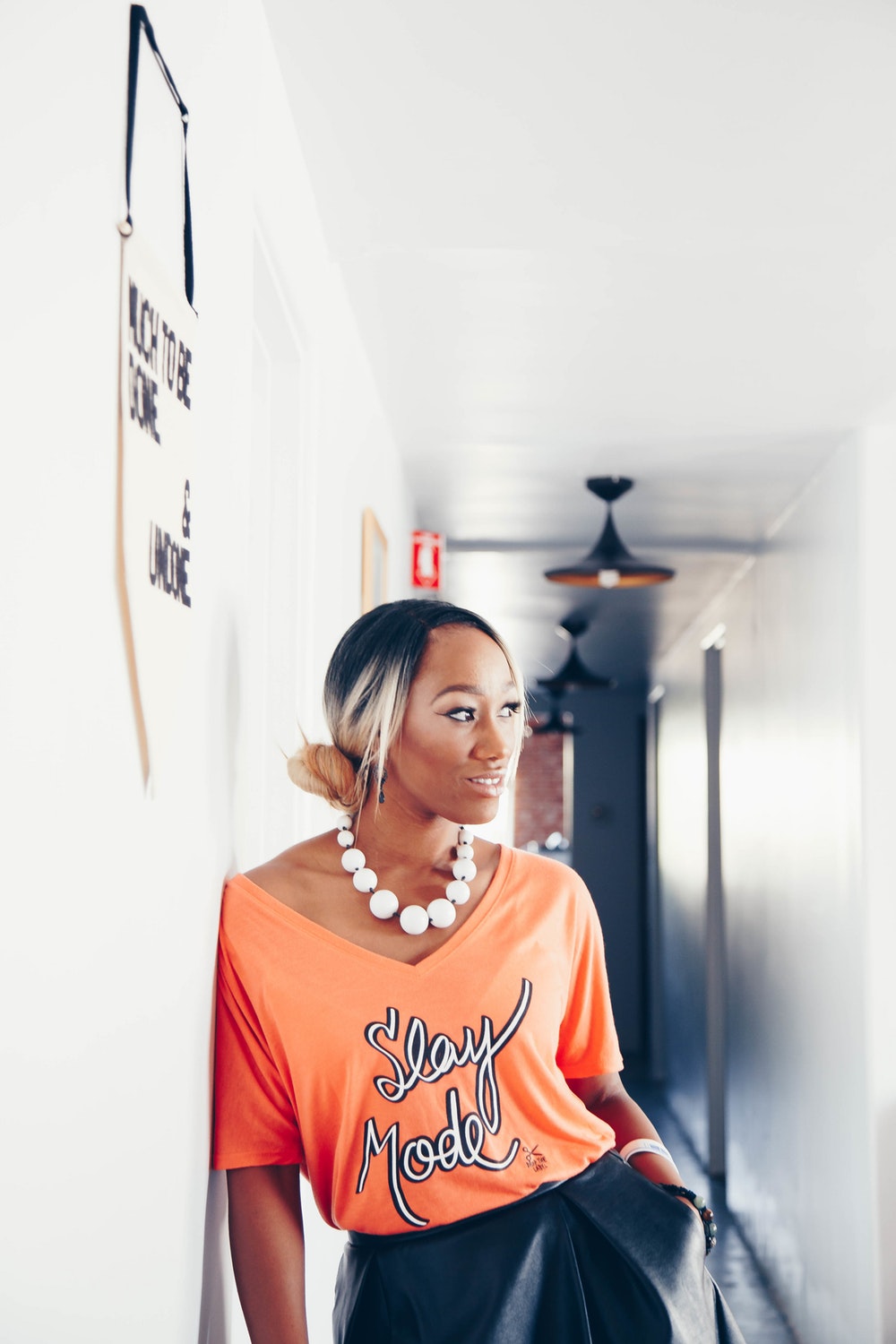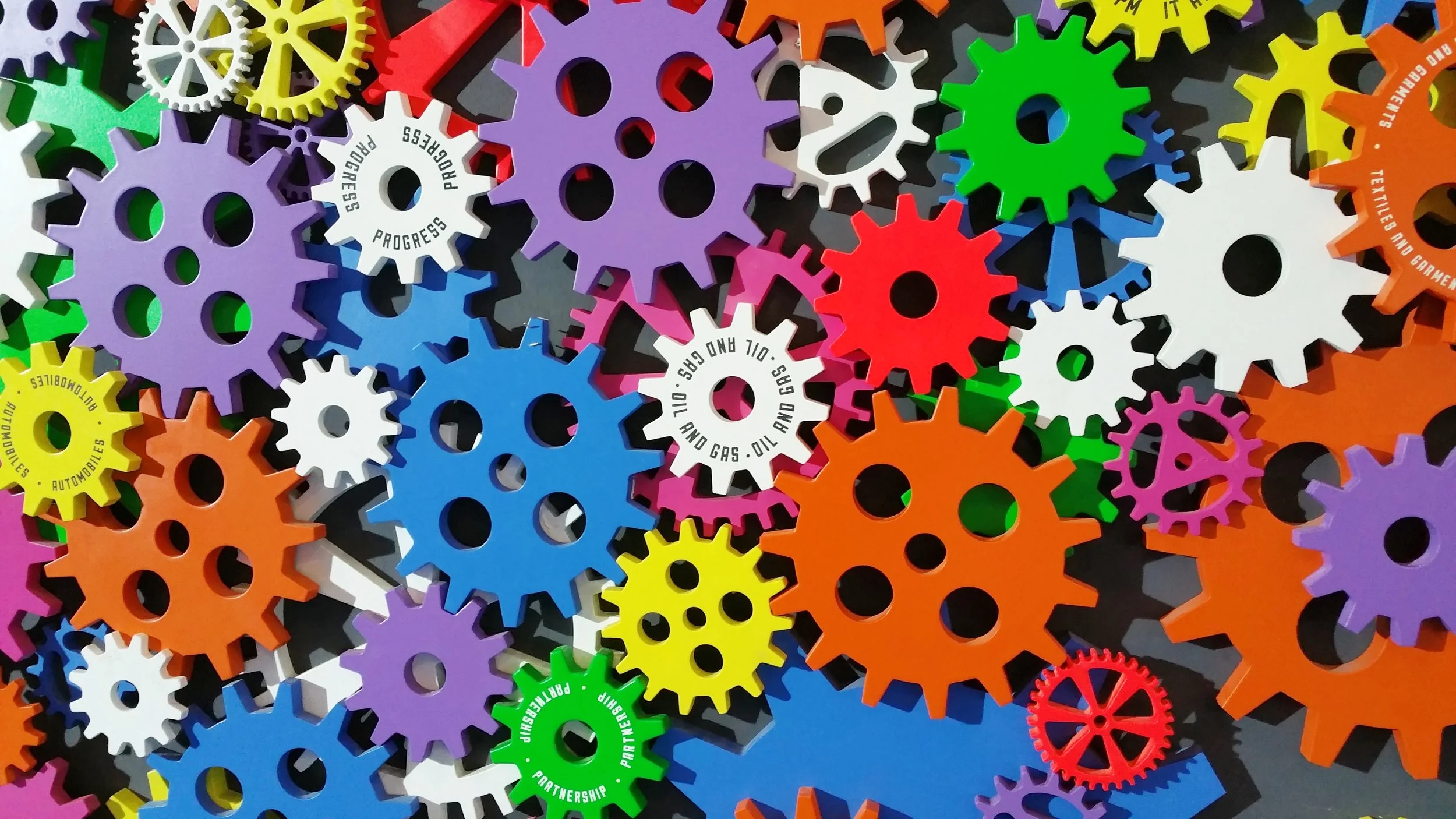“Keep work and life separate,” they say.
But how the fuck are you supposed to do that? You know from experience that there isn’t enough time in a day to live two separate lives.
I reject the notion that you need to.
After all, didn’t you start your business to pursue your passion? To live your dreams? To have the kind of freedom corporate America craves while simultaneously changing the world?
Yes, it’s work. But it’s your life too.
And, as a creative entrepreneur, your life, business, and passion are excitedly and frighteningly intertwined. Any method or tool that eases the burden of time and increases your productivity while maintaining a work/life balance must be adopted.
Not should. Must.
That's why today is the day you need to get organized. It may not be fun. It may not be easy. But it must be done.
Organization is the tool that gives you power. It gives you freedom. It lets you command others' attention. Organization allows you to forget, reduce decision fatigue, focus, and work a wildly productive day.
Without organization, you'll struggle more than you should. You'll be seen as "unorganized" or worse, "lazy." You'll have to remember everything lest you drop an important ball or let your friends, family, or coworkers down. At some point, you may even hit a breaking point.
I know I did...
Everyone Hits Their Breaking Point
On November 5th, 2009, having spent the past three years working in a startup full time while growing my own app company, I hit my breaking point.
Keeping a separate calendar, notebook, phone, computer, even office was too overwhelming. I was spending too much time managing everything, too much energy hauling multiple notebooks, books, and papers around. I needed to consolidate, get organized, and replace this excessive overhead with meaningful work.
Standing before a whiteboard in San Francisco, 3000 miles from home, I dreaded the thought of printing and carrying dozens of whiteboard images from our meeting on my return flight. But if I didn’t those images would be lost forever; a forgotten digital artifact in my photo-library crammed between pictures of my wife, my first-born, and my dog.
Consolidating things would be a pain, sure, but I no longer had a choice. Developing a system for storing and retrieving anything at a moments notice would take time, but I was tired of wasting time and energy thinking every instance I had something new to save.
So I downloaded Evernote, a relatively new app (at the time) that gave those whiteboard photos a home. A categorized, taggable, searchable, organized home.



















